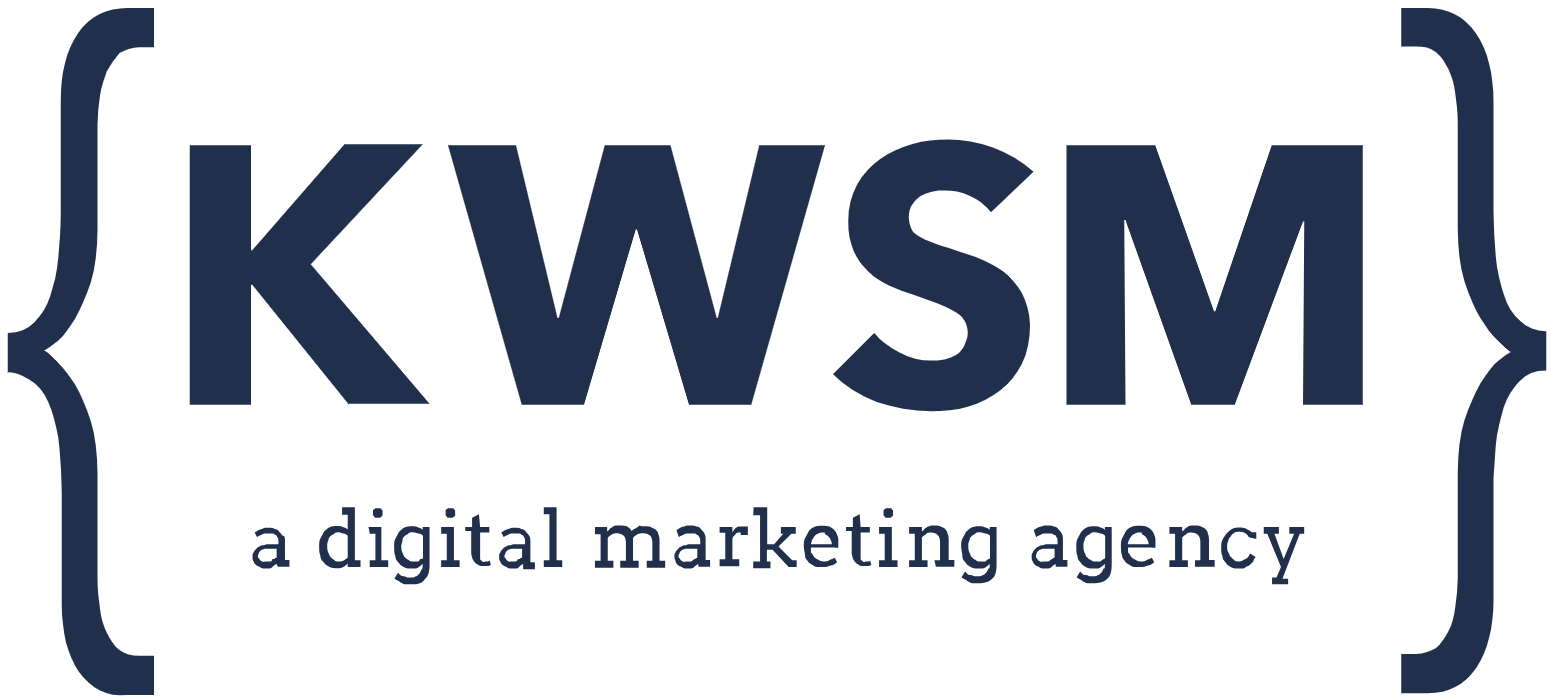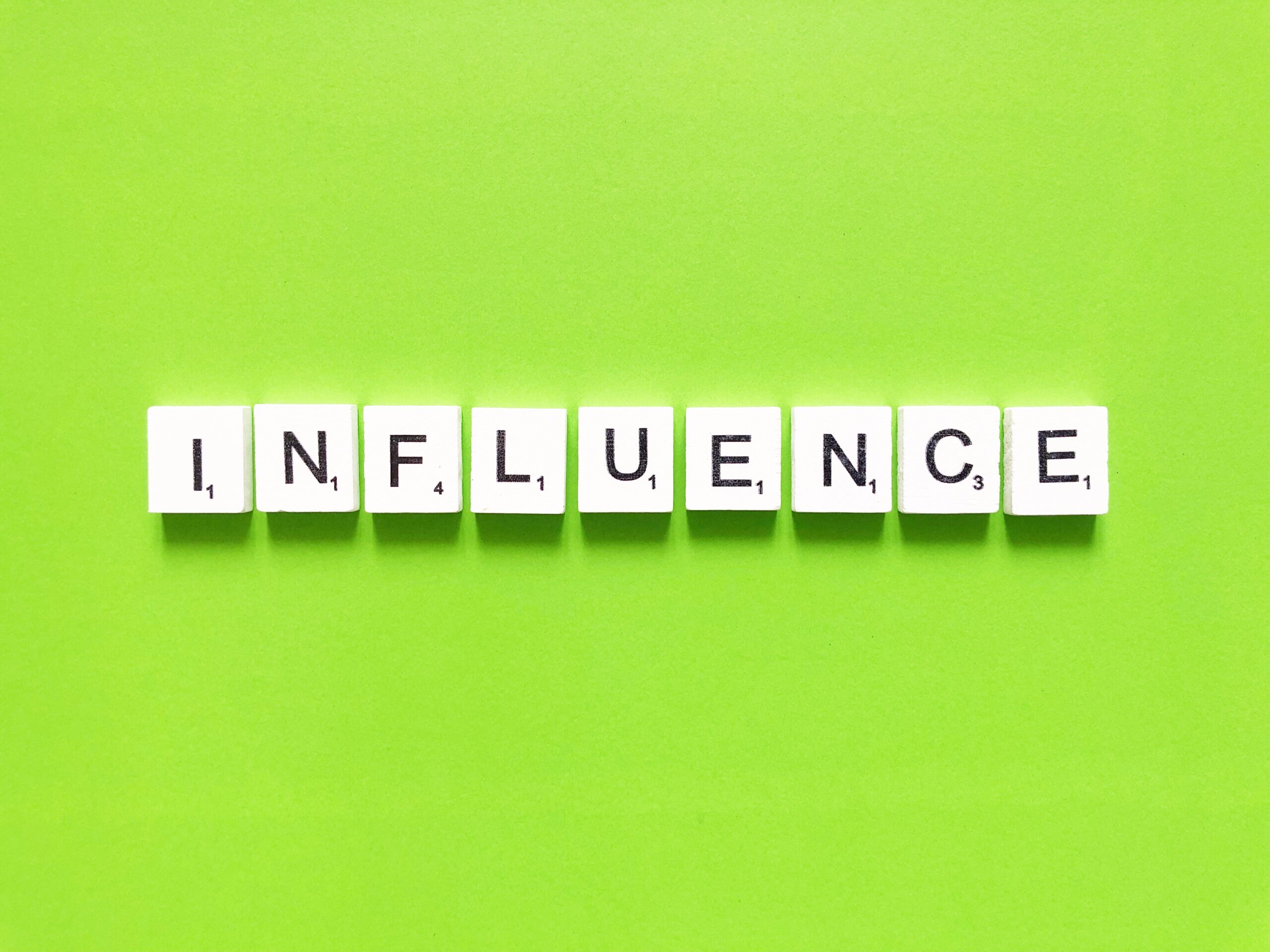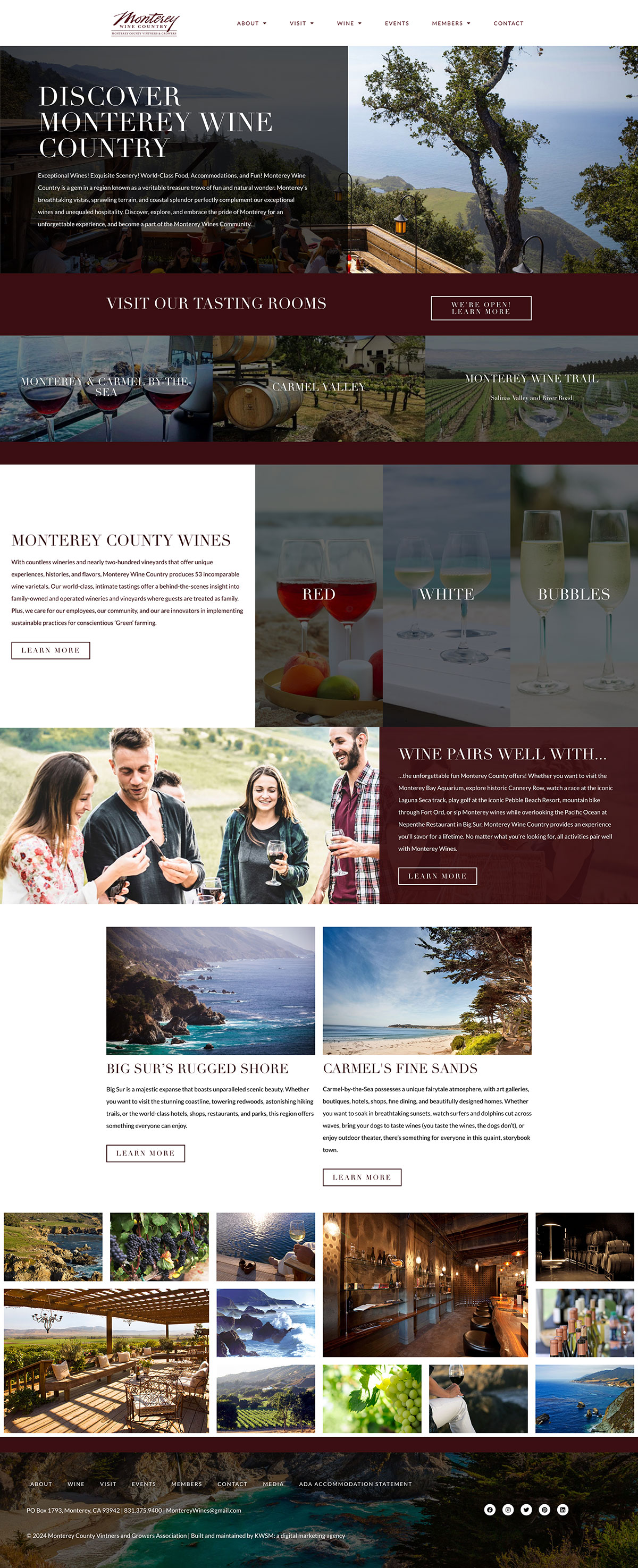What is Influencer Marketing?
The most recent buzz in the past couple of years has revolved around influencer marketing. But what exactly is it? Influencer marketing is where businesses enlist people who are influential to their brand to help promote their offerings to their targeted audience. The relationship your brand forms with an influencer is beneficial to both parties involved, as 92% of people say they trust influencer marketing. If your business operates in the B2B space, here’s how influencer marketing can benefit you.
Who Can Be an Influencer
Who exactly qualifies as an influencer? Anyone who has a sizable following for your business’ niche can be an influencer. For instance, influencers can be established authors, entrepreneurs, speakers, and podcasters. There are four main categories: mega, macro, micro, and nano influencers. Most people have the misconception of influencers only having 1 million or more followers (mega influencers). However, there are macro (100,000 to 1 million followers), micro (10,000 to 100,000 followers), and nano (fewer than 10,000 followers) influencers who are just as influential. It is important to remember these people do not have to have a high volume of followers – their value is having a beneficial audience who is interested in your business offering.
Be Aware of Conflicts of Interest
The main purpose of influencer marketing is to upkeep your business’ brand image and make it stronger. When selecting influencers, it’s important to thoroughly vet them. If one aspect of their image is overlooked, then your business’ reputation and image could be tarnished. To avoid that from happening, be sure their personality aligns with your company value proposition, and that all of their content – especially the content that focuses on their personal lives – reflects a person who you want representing your brand.
Think Outside the Box
For B2Bs, the platforms used for influencer marketing extend past Instagram, TikTok, and Twitter spaces, where B2C influencer marketing thrives. Depending on your resources, there are several platforms that will be beneficial to your audience – podcasts, YouTube, and Linkedin are the best examples. For example, SAP used B2B influencer marketing to promote their Sapphire Conference through industry leaders. The videos consisted of the leaders sharing their insights on relevant topics using their software, which attracted more than 80,000 attendees. Although this was done through Facebook, the campaign could have also been successful if the videos were uploaded using Linkedin’s Webinar and Q&A’s feature, Youtube Shorts, and podcasts. It is important to think about B2B platforms and how they can leverage the goal of your campaign.
Ready to Kickstart
In many ways, influencer marketing for B2B brands is much more challenging than it is for B2C brands. But it’s far from impossible, and it’s worth the effort! If you’re selective in who you choose to work with, the rewards are big – you’ll tap into new audiences and you’ll see an increase in leads.

Kickstart your influencer marketing campaign with our KWSM team to receive a customized strategy for achieving the greatest reach.
CLICK HERE to learn more about what we offer for influencer marketing!












